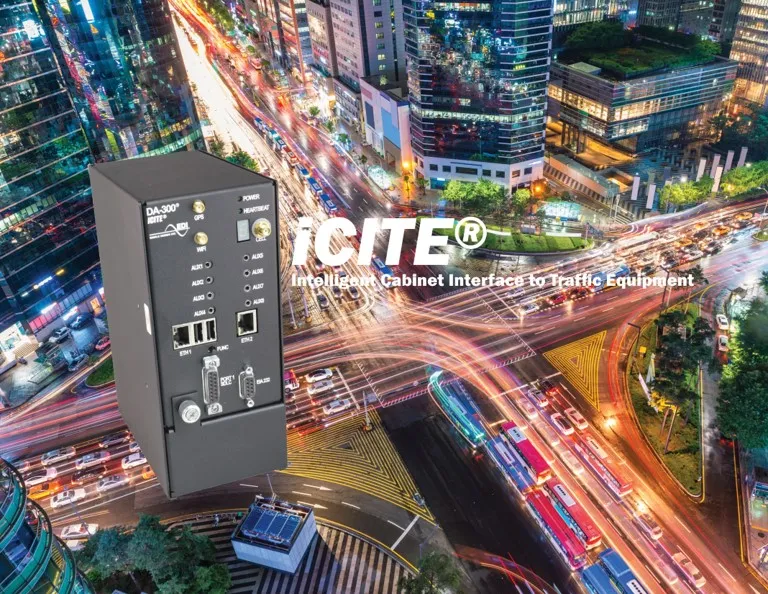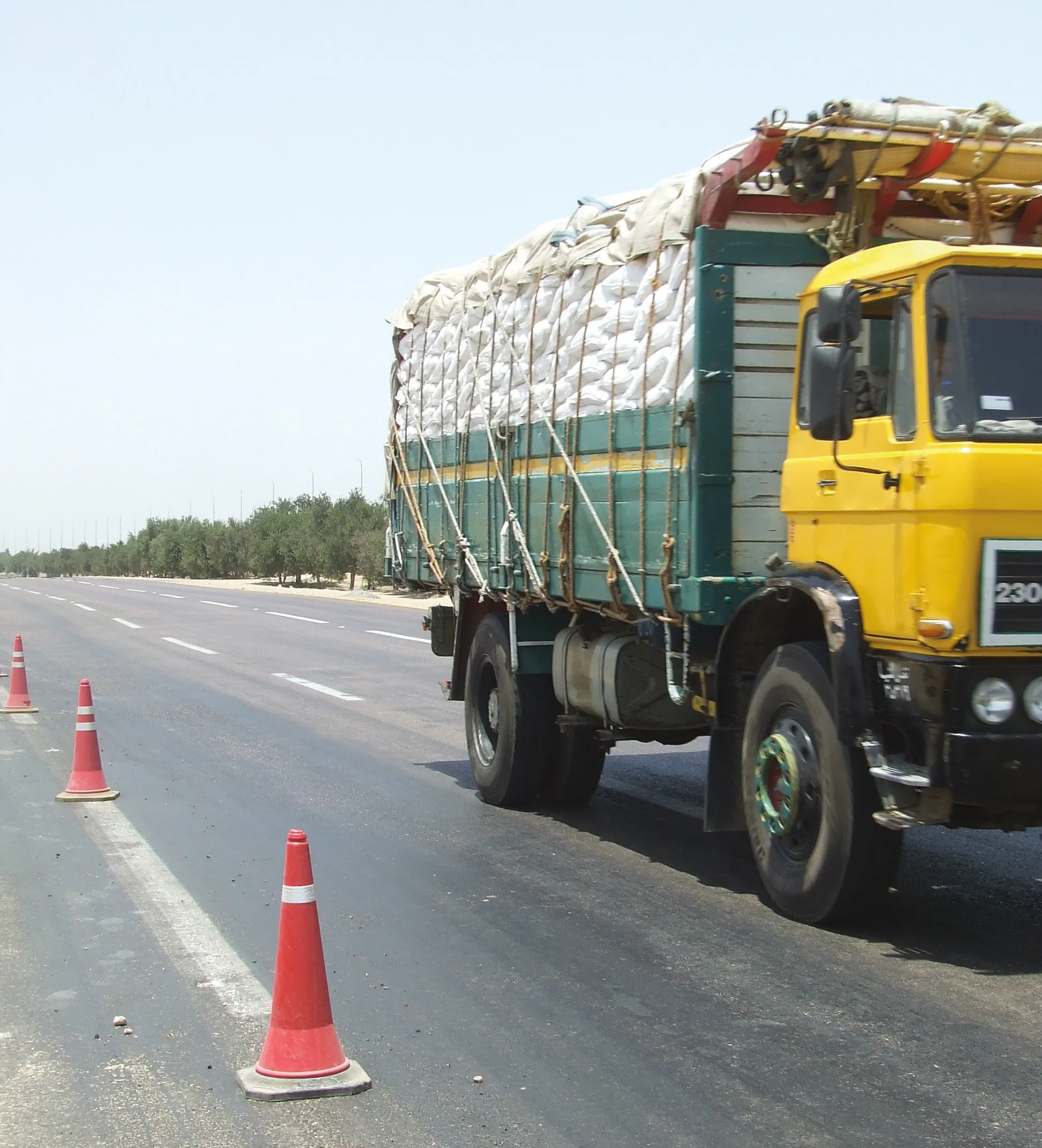FETC innovation from Highway Toll to ITS Taiwan smart city – a Global Road Achievement Award winner says IRF. The Far Eastern Electronic Toll Collection Company (FETC) has a bold vision for the future. FETC has achieved the most successful BOT project for ITS traf_ c management; it turns the traditional highway toll collection system into an integrated intelligent electronic toll collection (ETC) system for mobility management.
March 6, 2017
Read time: 3 mins

RSSFETC innovation from Highway Toll to ITS Taiwan smart city – a Global Road Achievement Award winner says IRF
The Far Eastern Electronic Toll Collection Company (FETC) has a bold vision for the future. FETC has achieved the most successful BOT project for ITS traffic management; it turns the traditional highway toll collection system into an integrated intelligent electronic toll collection (ETC) system for mobility management.
According to the3918 IRF Washington’s prestigious GRAA Awards panel: “Free flow tolling presents significant advantages for all parties, and the technological solution introduced by FETC meets some of the highest performance standards industry-wide. FETC’s achievement is admired as an esteemed win-win case of a sustainable PPP model that satisfies the tripartite coalition of the government, the private sector, and the public.”
Specifically, FETC has created significant socio-economic contributions to Taiwan’s intelligent transportation arena. It has improved safety on highway for drivers – the rate of vehicle crashes has decreased by 14.7%. The saving on travelling time is estimated at 15% for a journey from Taipei to Kaohsiung (approximately 350km).
With approximately 1.5 million daily vehicle trips and an average saving of 15 minutes/ vehicle trip, the total savings of traffic time is estimated at 22.5 million minutes daily (corresponding to 42.8 years) and carbon savings of 572,000tonnes of CO2. This is the equivalent to the CO2 captured by 118 trees in New York’s Central Park.
The total savings amounts to over US$2 billion in economic and environmental value for the country. FETC’s ETC system is the first case in the world to comply with the ISO 18000-6C Open Standard RFID technology for a nationwide distance-based ETC system. It reduces manpower expenditures and offers many technical advantages, such as real-time and high volume transactions (approximately 15 million daily) — 10 times more than the previous system. Furthermore, the system affords the non-stop operation of complex three-stage variable-rate toll collections, with a toll collection accuracy rate exceeding 99.99% and a successful tolling rate of 99.97%, demonstrating the FETC systems’ robustness and superior quality assurance and control.
Douglas Hsu, chairman and CEO, Far Eastern Group (FEG) said, “We are honoured to present to other countries with the applications of RFID in ORT Smart tolling, Smart Traffic, Smart Payment and other Smart applications, as well as the experiences of the successful promotion and implementation of ETC under PPP framework cooperation with the government.”
The set of big data-accumulated 11.4 billion transactions since operations began can be used for the reduction of congestion on highway ramps, variable rate plans to divert heavy traffic flow, improvements in capacity utilisation, and the analysis of historical traffic data to warn future drivers of incidents.
FETC’s ETC system (eTag) has achieved a 94% usage rate and is becoming a fundamental infrastructure element enhancing Smart Cities through smart mobility IoT, and also includes Smart Parking, Intelligent Traffic Guidance, Intelligent Warning and Control, Smart Monitoring, Probing for Hazardous Areas, and Smart Payment.
FETC’s ETC system is duplicable in many ways: the system can be expanded countrywide to move Taiwan towards a Smart Island; it has been adopted by Vietnam and is in the process of negotiation for export to Eurasia countries (Kazakhstan, among others), which offers opportunities to the local industries to develop their exporting businesses.
The Far Eastern Electronic Toll Collection Company (FETC) has a bold vision for the future. FETC has achieved the most successful BOT project for ITS traffic management; it turns the traditional highway toll collection system into an integrated intelligent electronic toll collection (ETC) system for mobility management.
According to the
Specifically, FETC has created significant socio-economic contributions to Taiwan’s intelligent transportation arena. It has improved safety on highway for drivers – the rate of vehicle crashes has decreased by 14.7%. The saving on travelling time is estimated at 15% for a journey from Taipei to Kaohsiung (approximately 350km).
With approximately 1.5 million daily vehicle trips and an average saving of 15 minutes/ vehicle trip, the total savings of traffic time is estimated at 22.5 million minutes daily (corresponding to 42.8 years) and carbon savings of 572,000tonnes of CO2. This is the equivalent to the CO2 captured by 118 trees in New York’s Central Park.
The total savings amounts to over US$2 billion in economic and environmental value for the country. FETC’s ETC system is the first case in the world to comply with the ISO 18000-6C Open Standard RFID technology for a nationwide distance-based ETC system. It reduces manpower expenditures and offers many technical advantages, such as real-time and high volume transactions (approximately 15 million daily) — 10 times more than the previous system. Furthermore, the system affords the non-stop operation of complex three-stage variable-rate toll collections, with a toll collection accuracy rate exceeding 99.99% and a successful tolling rate of 99.97%, demonstrating the FETC systems’ robustness and superior quality assurance and control.
Douglas Hsu, chairman and CEO, Far Eastern Group (FEG) said, “We are honoured to present to other countries with the applications of RFID in ORT Smart tolling, Smart Traffic, Smart Payment and other Smart applications, as well as the experiences of the successful promotion and implementation of ETC under PPP framework cooperation with the government.”
The set of big data-accumulated 11.4 billion transactions since operations began can be used for the reduction of congestion on highway ramps, variable rate plans to divert heavy traffic flow, improvements in capacity utilisation, and the analysis of historical traffic data to warn future drivers of incidents.
FETC’s ETC system (eTag) has achieved a 94% usage rate and is becoming a fundamental infrastructure element enhancing Smart Cities through smart mobility IoT, and also includes Smart Parking, Intelligent Traffic Guidance, Intelligent Warning and Control, Smart Monitoring, Probing for Hazardous Areas, and Smart Payment.
FETC’s ETC system is duplicable in many ways: the system can be expanded countrywide to move Taiwan towards a Smart Island; it has been adopted by Vietnam and is in the process of negotiation for export to Eurasia countries (Kazakhstan, among others), which offers opportunities to the local industries to develop their exporting businesses.








